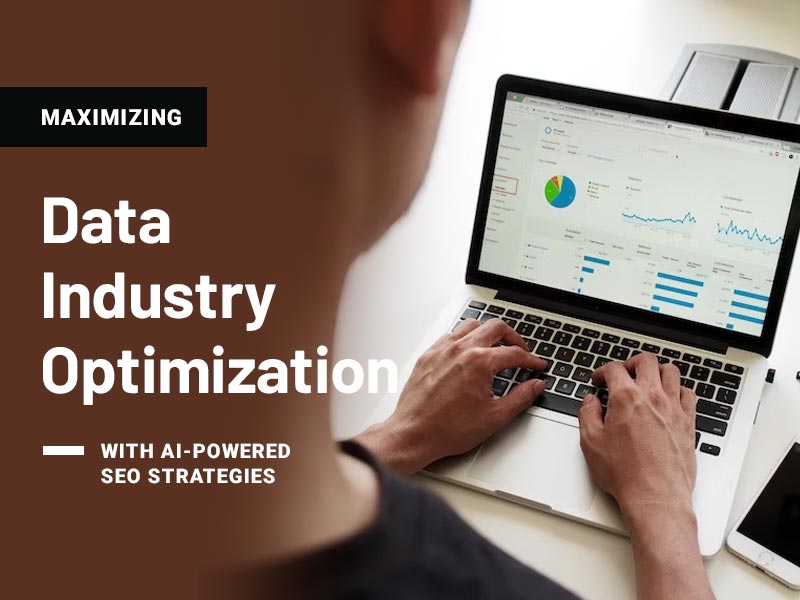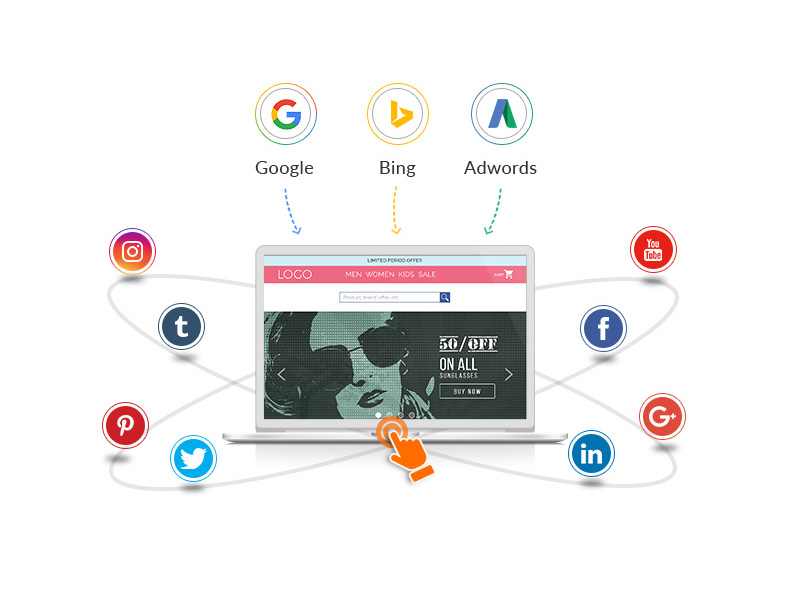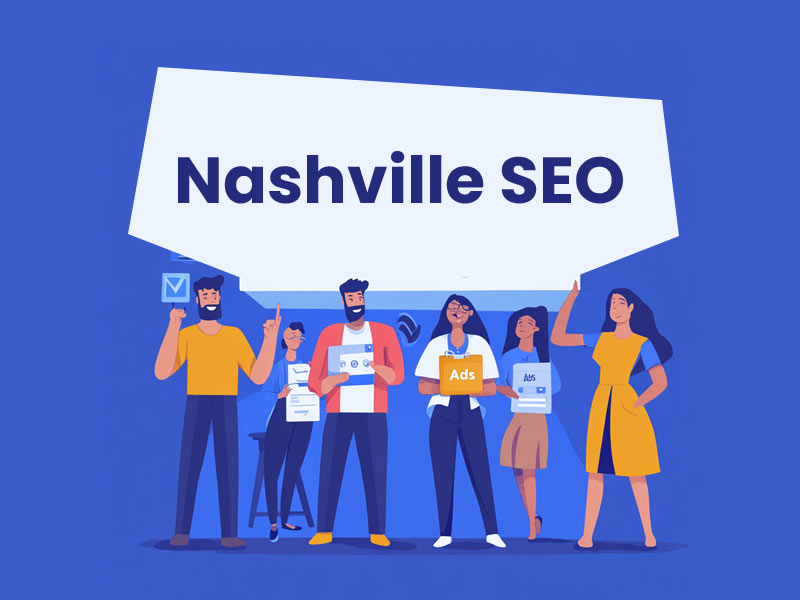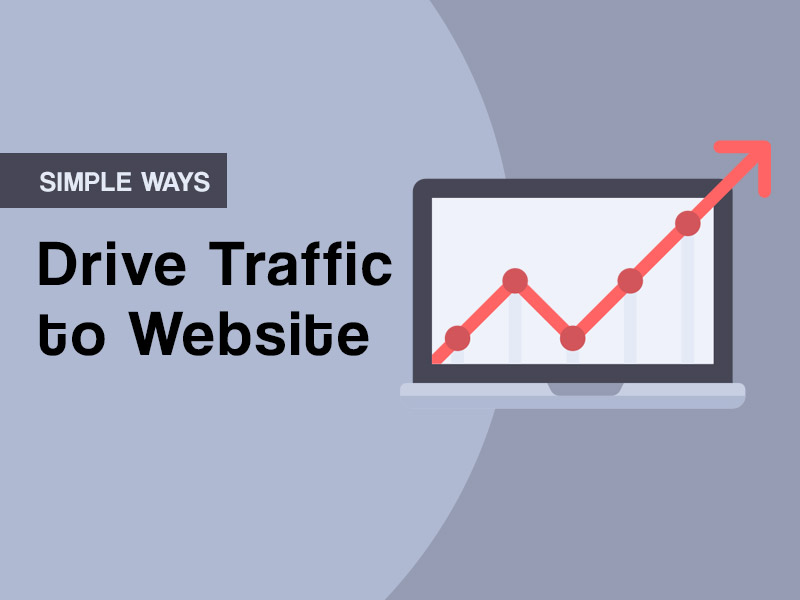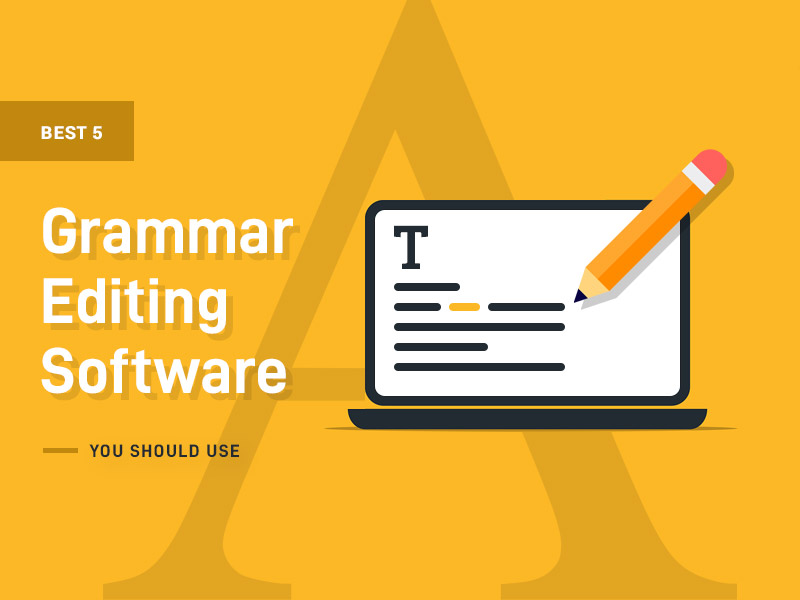Data Industry engages data and business analytics, data science, and big data. Professionals conduct industry optimization to extract, analyze, clear, and use information for a variety of tasks. We are talking about tens of zettabytes of information. SEO, in turn, combines techniques that improve your website’s visibility on Google and other search engines. When you rank higher, your website is easier to find, which boosts brand awareness and increases sales.
As the industry evolves, more and more SEO specialists use artificial intelligence tools for data collection, content creation, and website performance improvement. In this article, we cover the following issues:
- AI in SEO and its main strategies;
- How to implement it in the data industry;
- Up-to-date benefits and challenges;
- Success stories and future trends.

Understanding Data Industry Optimization
It is one of the most dynamic industries at the moment, which grows exponentially and regularly faces different kinds of challenges, including:
- Accessibility. It is hard to make information accessible because of its volume, velocity, and variety.
- Security. The industry becomes an attractive target for cybercriminals, and data breaches may lead to disastrous consequences like financial losses and ruined reputations.
- Quality. Finding accurate and up-to-date information may be a daunting task considering how much data there is.
- Long response times. Information often takes time to extract and export, and delays may be rather costly.
At the same time, this industry offers multiple opportunities, not depending on the field you are in. They include improved information management, better operations maintenance, and faster adaptation to changing conditions. Data industry optimization also leads to enhanced marketing and sales strategies, reduction of long-term expenses, and improved risk management.
The role of search engine optimization in the Data Industry is impossible to overestimate. It helps you make content that both readers and search bots will like. It boosts page authority and shows visitors that your website is relevant and trustworthy and can bring them value. SEO is also great for gathering information about competitors, analyzing keywords, and finding the most credible facts for your website.
You can conduct search engine optimization on your own or pick one of the numerous tools that help brands get to the top of Google and stay there. Websites like Top10seosoftware.com compare and review modern instruments and help you make an informed decision.
AI-Powered SEO Strategies
Artificial intelligence is not a new concept for search engines. Google has been using it since 2015, although the introduction of ChatGPT in late 2022 has turned the industry upside down and speeded up the changes. Nowadays, AI-powered strategies in SEO engage the following directions:
- Analysis of user behavior and preferences to optimize your website;
- Text and voice search to give the most relevant results for each query;
- Local SEO accuracy and personalization;
- Advanced key intent mapping;
- Image and video analysis to improve their visibility.
Implementing AI-Powered SEO in the Data Industry
The process of applying AI-based optimization may be rather thorny and complex, but it is surely worth the time and effort. A machine learning development company can help with this. Here is a step-by-step guide on using AI models to your website’s advantage:
- Data Collection and Analysis. Information is gathered with the help of automated bots and scripts which extract it from websites. Then, AI tools analyze information for patterns and correlations and make predictions if required;
- AI Model Selection and Training. The choice of a model depends on your business problems, technical limitations, desired accuracy, and other factors. Afterward, collected and analyzed information is inputted into the chosen model for training to avoid outfitting (when the model becomes limited and biased);
- Integration of AI-Powered SEO tools and platforms which help with keyword research, technical audits, website visibility, content creation, building outlines, and other tasks.
Benefits and Challenges of AI-Powered SEO in the Data Industry
The list of advantages is rather broad, so below we enumerate only some of the key reasons to implement AI-powered SEO practices as soon as possible:
- Faster and more accurate research, especially when it comes to large volumes of information;
- Reduced expenses. Many tasks can be done by chatbots, so you can save money usually spent on research, marketing, and development;
- Accuracy of information which results in brand credibility;
- Optimized content creation with the most relevant keywords and topics;
- Better customer satisfaction thanks to improved user experience.
While the benefits of AI SEO for the Data Industry are undeniable, it may still present multiple challenges for marketers and entrepreneurs. As the algorithms become more sophisticated, it takes extra time and effort to keep up with the updates. To remain competitive, you need to constantly revive your skills and knowledge. Plus, artificial intelligence may stir legal and ethical issues and escalate pressure as more businesses use AI tools and principles.
Case Studies and Success Stories
The number of companies using AI-power optimization is constantly increasing, and they usually remain on top of the niche thanks to improved productivity and accuracy. Here are only a few examples:
The Washington Post
They started using Heliograf, an AI-writing tool, in 2019 to automate news stories and cover more topics. As a result, they witnessed a significant increase in engagement.
Forbes
Forbes has been using Quil to generate accurate and up-to-date content for the website. With its help, Forbes creates high-quality content faster and for lower costs.
Freeyork
A community-driven platform, managed to increase organic traffic using AI for content organization and SEO.
Future Trends and Opportunities in AI-Powered SEO for the Data Industry
Artificial intelligence is already transforming search engines and optimization strategies, and this trend will continue to evolve. Here is what we are going to witness in the nearest future:
- Communication between humans and machines will improve thanks to NLP;
- Improved customer experience optimization thanks to chatbots and virtual assistants;
- A better understanding of the audience;
- Higher domain authority;
- Automation of such tasks as keyword research and SERP analysis;
- Real-time information collection and processing;
- Companies will generate more content with the help of AI tools, so Google will need extra crawlers, algorithms, and server capacities to analyze content and find the best one.
Conclusion
Search engine optimization requires keeping up with the latest algorithms, trends, and innovations. One of them is AI which can simplify and speed up such processes as data collection, keyword analysis, and competitors’ research. By implementing AI-powered strategies, companies can navigate the sea of information more effectively, raising brand awareness and authority, increasing sales, and keeping the content evergreen. AI is here to stay, so the sooner you start putting these tools into practice, the better results you will get.
